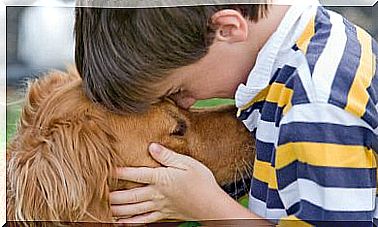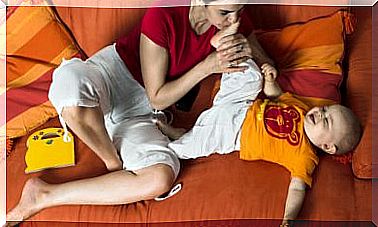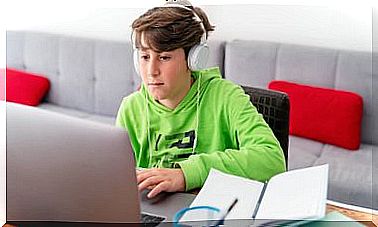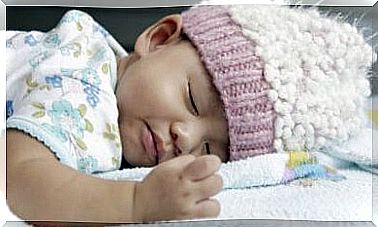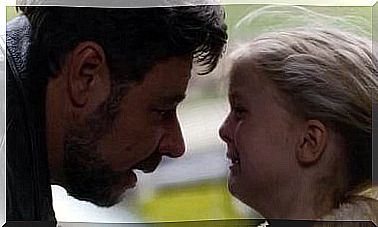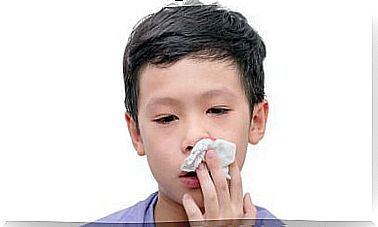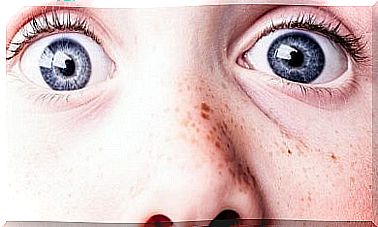Never Leave Him Alone In The Pool
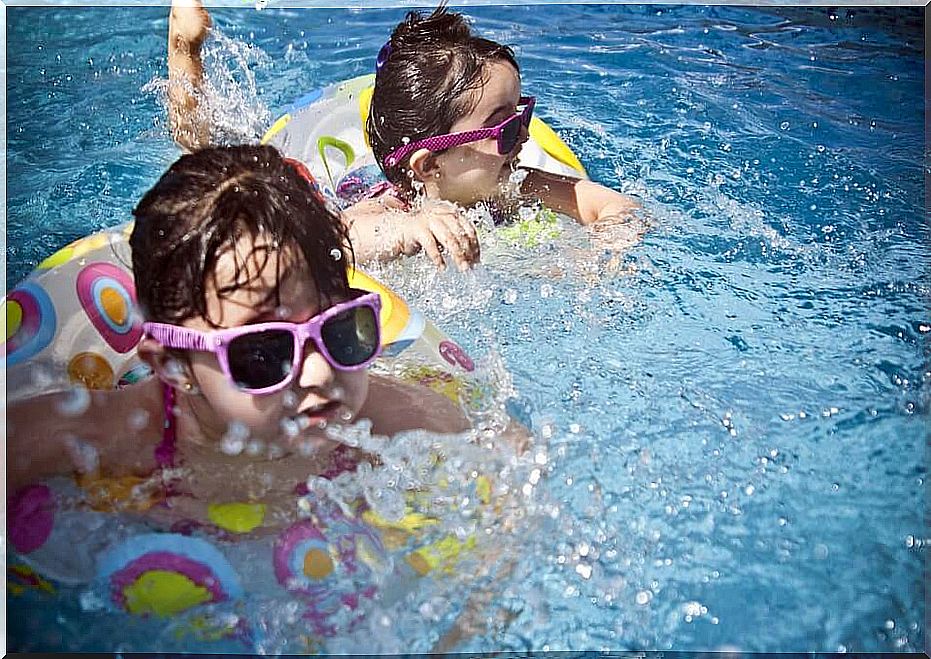
Good weather arrives and with it the afternoons with the children on the beach and in the pool. Even if your child has learned to swim, you can never leave him alone in the pool. Even when they are playing around, in a few minutes they can fall and unleash a tragedy.
They cannot be left alone because they can fall, have heatstroke, and even suffocate. The latter are one of the causes of death in children between 5 and 14 years of age. In addition, you must be very careful with babies less than one year old who are not able to get up in a small pool with water.
The problem with drownings is that they often catch those around children by surprise. They are normally silent and can be produced in a few seconds. Babies can also drown ass in less than 12 inches of water. They can fall and if not be able to get up, being able to drown in a few minutes.
Causes of Drowning in Children
Most drownings are accidental when a child falls into cold water. In addition, most occur in private pools that do not have lifeguards and there are no people nearby. That is why parents have to be present whenever children are alone in a private pool. In addition, drownings usually occur on the weekend and after eating. It is necessary to try that they do not bathe themselves when the adults take a nap. They can engage in other creative games or entertainment.
These drownings can also take place due to a digestion cut or a cramp. But the most common is that they happen when they have an accident when they are playing and their friends do not realize that one of them is drowning. That is why the best prevention is not to let children alone without constant adult supervision.
Effective prevention
The only prevention is the supervision of adults, be they parents, grandparents or caregivers. Although children know how to swim, they can never stay alone, especially after eating. Nor can we leave a child under 14 years of age in charge, even if they know how to swim and are very sensible.
Parents have to always pay attention when they are in the pool even if they are just playing. If they have to leave for any reason, they should find another adult to take over the supervision. Do not rely on children to know how to swim or to wear tubes, cuffs or bubbles. If they do not know how to swim, they must take these safety measures, but that does not replace the vigilance of parents at any time.
Also parents, even if it is the pool of a friend or a neighbor, should visit it and see the surveillance measures it has. The pools must be closed with a fence so that children cannot enter or jump over it when they are alone.
They must also have adequate drainage systems so that their hair is not trapped, for example. Even portable or inflatable pools are dangerous because children can fall in.
Basic cardiopulmonary resuscitation
A good precaution is to offer parents training in basic cardiopulmonary resuscitation or CPR. The consequences of drowning can be very serious. It can be scared but it can also lead to brain damage or death. The absence of basic CPR maneuvers during the first 10 minutes after rescue can be a tragedy.
Most situations tend to end in “near drowning.” At the slightest suspicion that the child is drowning, these resuscitation maneuvers must be carried out in the water during the first five minutes. These are maneuvers that can be carried out by people who are not healthcare professionals. Advanced CPR should be done within eight minutes.
Parents with small children and a swimming pool at home should always learn basic resuscitation maneuvers. They also have to know the emergency number and call as soon as possible. Basic CPR maneuvers must be quick and immediate. Don’t hesitate and learn the basics of basic resuscitation as soon as possible. And above all, never leave children alone in a pool or on the beach without adult supervision.
